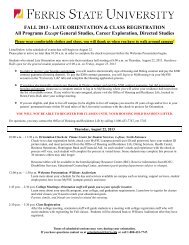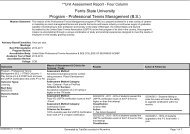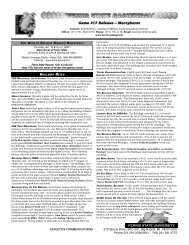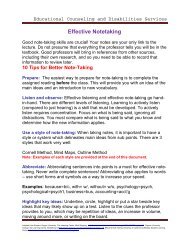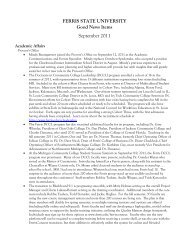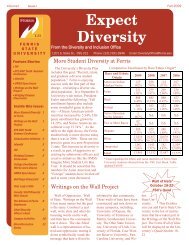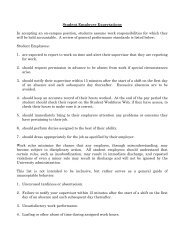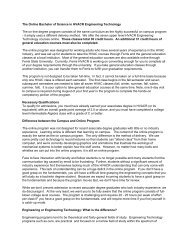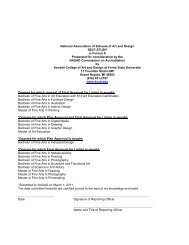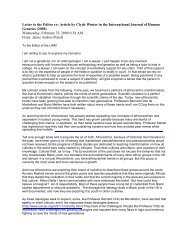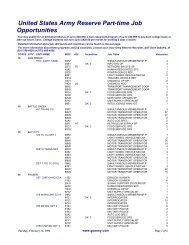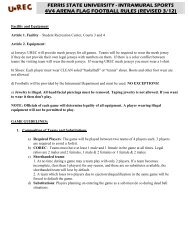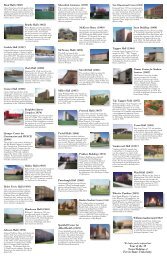Daniel Gasman - Ferris State University
Daniel Gasman - Ferris State University
Daniel Gasman - Ferris State University
Create successful ePaper yourself
Turn your PDF publications into a flip-book with our unique Google optimized e-Paper software.
cultural trends is not mentioned. Rather, Weber timidly relegates Haeckel’s legacy to the narrow realm of<br />
that of a positivist scientist working within the confines of a very restricted philosophical and materialistic<br />
tradition.<br />
As for the Monist literature published during the Nazi era, Weber is skittish. Heinz Bruecher, a<br />
committed Nazi and member of the SS who worked directly for Heinrich Himmler, published a well-<br />
known pro-Nazi biography of Haeckel in 1936, but Weber omits this work. The same is true of Wilhelm<br />
Boelsche, Haeckel’s principal biographer. While his earlier biography of Haeckel is noted [1909], his<br />
Nazi inspired essay on Monist science and society fails to be included. 69 No mention either of the<br />
important journal inspired by Haeckel, the Archiv für Rassen-und Gesellschaftsbiologie [1904-1944]<br />
which as far back as 1904 was beginning, at least in part, to provide a forum for Nazi-like ideas. Other<br />
excluded works are Friedrich Paulsen’s well-known critique of Haeckel’s Riddle of the Universe,<br />
‘Haeckel als Philosoph’ [1900], Stephen Jay Gould’s Ontogeny and Phylogeny [1977], and my Scientific<br />
Origins of National Socialism [1971]. 70<br />
For Weber’s book, despite the title, the major cultural and political movements and ideologies of the<br />
twentieth century either do not exist or do not count. It is a work, like the general approach of many on<br />
71<br />
the faculty of the Haeckel Archives deliberately edited,<br />
with the author’s hand on the delete button<br />
whenever a wider context for Haeckel’s ideas makes its presence felt, or when embarrassing aspects of<br />
Haeckel’s career surface.<br />
More direct attention to the question of the relationship between Haeckel and National Socialism is<br />
given in the many articles and books of a prominent spokesman for the Haeckel Archives, Professor Uwe<br />
69<br />
Wilhelm Boelsche, Was muss der neue deutsche Mensch von Naturwissenschaft und Religion fordern? Berlin-<br />
Charlottenburg: Buchholz & Weisswange, 1934.<br />
70<br />
Weber does, however, refer to my Ph.D. dissertation ‘Social Darwinism in Ernst Haeckel and the German Monist<br />
League: a Study of the Scientific Origins of National Socialism,’ [1969] which serves to obscure the existence of the<br />
book that was based on the dissertation.<br />
71<br />
There are, to be sure, important exceptions: for example, the carefully researched book of Susanne<br />
Zimmermann, Die Medizinische Fakultät der Universität Jena während der Zeit des Nationalsozialismus, Berlin:<br />
VWB Verlag, 2000.<br />
29



